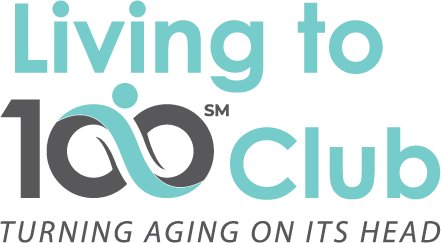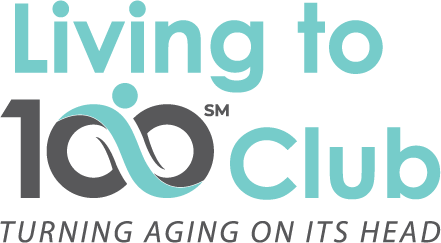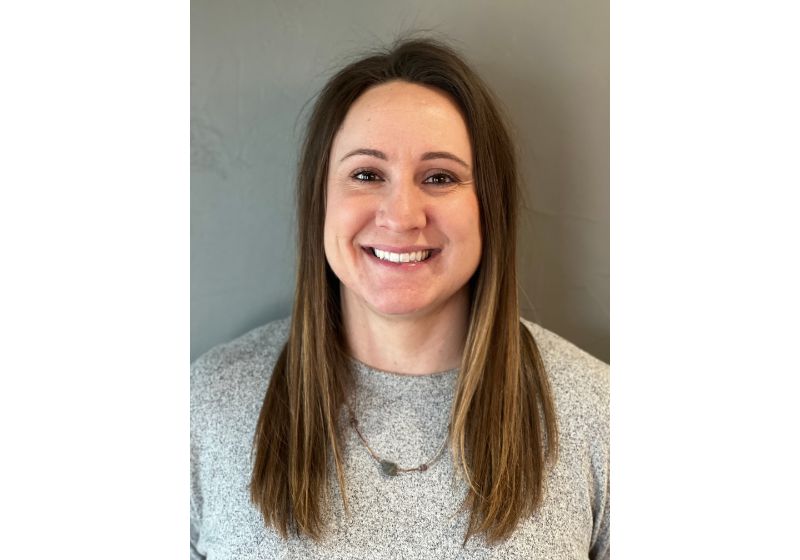Fall Risk: Who is at Risk and How to Prevent Them
We are pleased to invite Dr. Hannah Freiboth, a Physical Therapist, to this Podcast. This is a conversation about ways older adults can avoid falls. We look at the incidence of falls in this age group and the consequences or results of a fall. Learn how to assess our own risk of falling. Our guest brings her experience as a Physical Therapist to this Podcast. She shares her recommendations for both our physical person and our home, so we don’t become another statistic.
What is “fall risk?” How can we address the “modifiable” risk factors? How we can reduce those risk factors that are “non-modifiable,” like reduced sensitivity in our feet?
In her recommendations, Hannah discusses the importance of maintaining a healthy physical condition, especially balance and strength. She also discusses how modifying our environment is also a good risk management strategy. Learn more about this important topic by tuning in.
Mini Bio
Dr. Hannah Freiboth is a physical therapist currently working in an acute care hospital setting. While her caseload includes a variety of conditions, she has developed a passion for helping older adults remain living safely at home. That is, remaining in their own home without assistance. Hannah received her Bachelor of Arts undergraduate degree with a major in Biology from Concordia College in Moorhead, MN. She then earned her Doctorate of Physical Therapy degree from University of Jamestown Physical Therapy Program. There she graduated with an award in excellence in evidence based practice.
Combined with her easy-going personality and love for how physical therapy can help others, people find it effortless to connect with Hannah. This is on both a personal and professional level. She can be found serving her audience on social media as “Revitalize Physical Therapy” or in her private group “Revitalize Your Balance: No More Falls.”



Diana Nilsen
I am 74 yrs ago, had my first vestibular fall about 15 yrs ago. In the prime of my life. I have spent the last 15 years trying to get my life back. I wAS AN AVID SPORTS PERSON, A DOER NOT A WATCHER. In the beginning I could control the episodes. As time went on it got harder to control. I tried therapy, charting my brain, exercise, I was a Polynesian dancer in shows, my husband and I were ballroom and country western dancers and even competed a little. Then the falls got worse. No one taught me, or helped me try to control the. All my many doctors said was “don’t bend over”. What does that mean. I lost the ability to drive. I lost the ability to walk without embarrassing my family. My first granddaughter is getting married this year. I can’t even attend the wedding without being pathetic. I lost my control. No more dance; I’ll fall. No driving; I’ll cause an accident. No more exercise, though my general practitioner reminds me every time I go in his office to exercise 180 minutes a day,, 6 days a week and strength training 2 times a week. How do I do that.? I bought a balance board to strengthen my balance. I have had it for a year and find difficulty stepping up with my 2nd foot. I used to enjoy stair climbing. Can’t do that step down without catching the rail.
Looking for guidance.
Diana